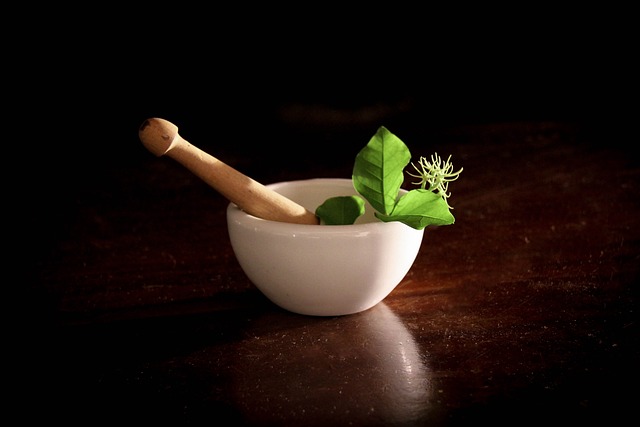Adorn your Health with Herbal

Ayurveda, one of the world’s oldest holistic healing systems, holds that harmony between the individual’s mental, physical, and spiritual selves is a key factor in maintaining optimal health. Ayurveda, from the Sanskrit word for “knowledge of life,” is geared toward wellness rather than disease prevention or treatment. It teaches that we can live more successfully if we learn from nature and adopt lifestyle choices that put us in harmony with the natural world. Therefore, the five elements of space, air, fire, water, and earth form the foundation of Ayurvedic thought. In Ayurveda, these factors are broken down into the three energies or fundamental principles known as Doshas- Kapha, Vata, and Pitta that determine what goes into a person’s development.
Ayurvedic Way of Living
Ayurveda is more of a way of life than a system of medicine. Since Ayurvedic remedies are created using only natural ingredients, they are risk-free and will not harm your body. Unless you have a serious condition or an allergy, a doctor’s approval is not usually necessary before taking the Ayurvedic remedies. In addition, Ayurvedic herbal products are the most effective way to treat the common cold and the common cough. Herbs and spices are the crucial components of the Ayurvedic healing system.
Benefits of Ayurvedic Herbal Products–
-
- They relieve all the symptoms of an illness by bringing your doshas into harmony.
-
- Since they take a holistic approach, you may see improvement in other areas of your health as a by-product of treatment for the primary condition.
-
- It is a more holistic approach to healthcare, yet it has minimal to no effect.
-
- It gives you more energy and strength.
-
- They strengthen your defences and facilitate your body’s innate capacity for repair.
Some of the herbs and spices that go into making up the Ayurvedic herbal products are discussed here –
-
- Cumin– Infused with smokiness and an earthy undertone, cumin is an intriguing spice. It has antioxidant properties, which impact the immune system. It is anti-bacterial, anti-cancer, anti-diabetic as well as anti-osteoporotic.
-
- Licorice Root– Licorice root has anti-inflammatory and anti-bacterial actions and is useful in the fight against infections. It has further applications, such as in neuroprotective pharmacology and dental care.
-
- Ashwagandha– The ashwagandha plant is an evergreen tree that grows naturally in India and northern Africa. For the past three thousand years, it has been employed in Ayurvedic medicine. Ashwagandha has been shown to alleviate stress and nervousness in certain people.
-
- Ajwain– India, and Iran are the only two of many countries where you can find wild Ajwain plants. A 2019 trial suggests that it could improve health in several ways, although researchers at a reputable institution discovered that ajwain could aid diabetics by lowering their blood sugar levels. Ajwain prevents bloating, lack of hunger, fatigue, and tumours in the abdomen.
-
- Turmeric– Turmeric has anti-inflammatory and antioxidant properties. It improves skin health.
-
- Cardamom– Also stretching back thousands of years, cardamom is another herb that is employed in Ayurvedic treatment. There is some evidence suggesting that inhaling cardamom essential oil while exercising can increase oxygen intake and decrease blood pressure.
-
- Triphala– The ingredients of Triphala include the amla, bibhitaki, and haritaki, three tiny fruits. According to a reputable source, Triphala may be useful in treating inflammatory conditions like arthritis because of its anti-inflammatory properties. Triphala has various clinical uses, including as a laxative, an appetite stimulant, and as an antioxidant, which doctors and healthcare providers typically employ for digestive disorders.
Takeaway
As part of an ancient Indian medical practice, Ayurvedic doctors employ the use of medicinal plants which help to improve life and living conditions in a better way.
